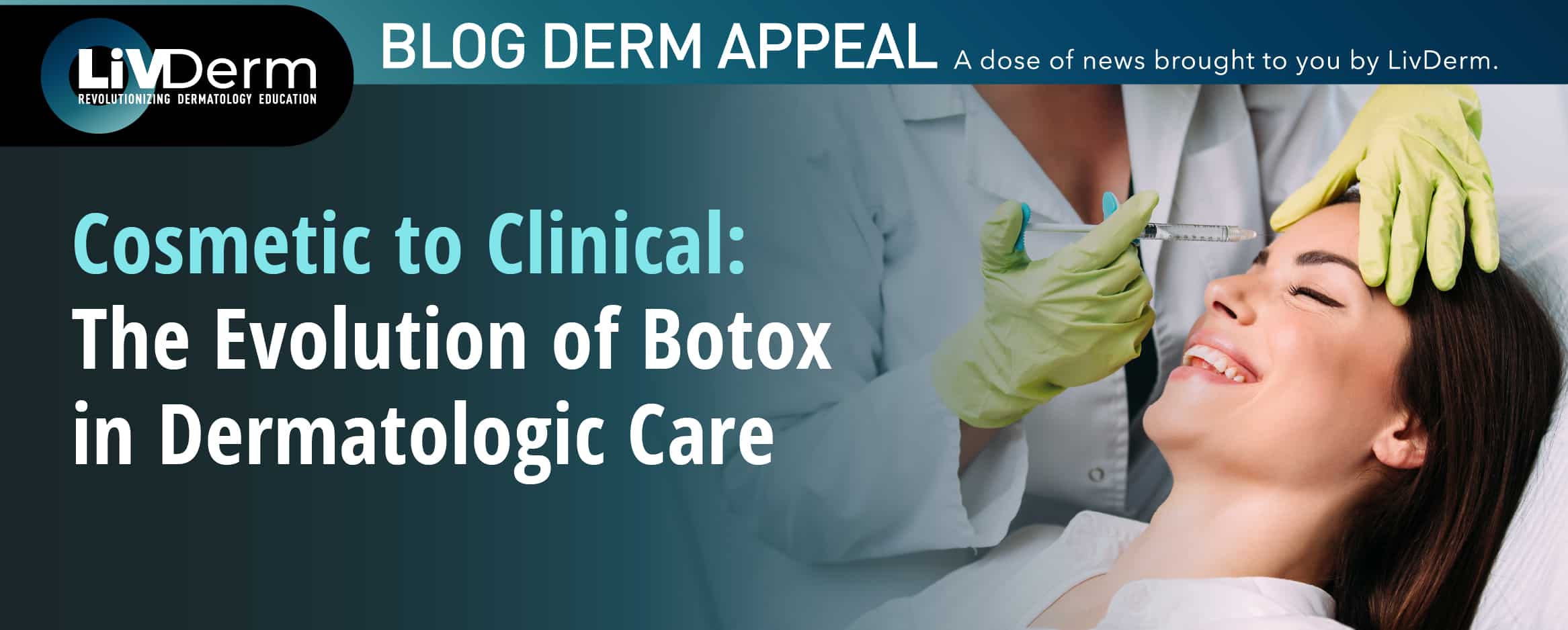A new, large-scale study presented at the European Academy of Dermatology and Venereology (EADV) Congress 2025 has revealed a significant association between atopic eczema (AE) and suicidal ideation in adults.
The ‘Scars of Life’ study, conducted by La Roche-Posay Laboratoire Dermatologique alongside a team of global eczema experts, uncovers the psychological, social, and long-term effects of living with AE.
As one of the largest global studies examining the link between AE and mental health, the research surveyed 30,801 adults from 27 countries between June and September 2024. A total of 5,223 participants had physician-confirmed eczema, while 7,968 served as controls. Participants were grouped by age of AE onset (childhood, adolescence, or adulthood) and completed a detailed questionnaire on sociodemographic information, suicidal ideation, severity of itch and skin pain, disease severity, and experiences of skin-related stigmatization.
Results
One of the most significant findings of the study was that 13.2% of patients with AE reported suicidal ideation compared to 8.5% of those without the condition. Furthermore, all subgroups—whether AE began in childhood, adolescence, or adulthood—had higher odds of suicidal ideation than those in the control group. This finding underscores the significant and often overlooked impact of mental health burden on individuals living with AE.
Delphine Kerob, MD, scientific director of La Roche-Posay Laboratoire Dermatologique, stated, “The results highlight that the effects of atopic eczema are more than skin deep, with suicidal thoughts representing a serious and frequent concern that is often overlooked by healthcare professionals. By identifying the main risk factors behind suicidal ideation in this population, we hope this study will help healthcare professionals better recognize and address these challenges, supporting patients’ overall well-being more effectively.”
Researchers also revealed several demographic, clinical, and psychosocial factors that increased the risk of suicidal ideation among patients with AE.
- Disease severity: Moderate-to-severe AE doubled the odds of suicidal ideation.
- Symptoms: Intense pruritus, skin pain, and overall symptom burden were all strongly associated with increased risk.
- Age and comorbidities: Patients under 30, those who were overweight, and those with higher levels of stigmatization and sleep disturbances were particularly vulnerable.
The Invisible Scars of Eczema
The survey also highlighted the hidden scars of AE that shape patients’ social and personal lives:
- 49% struggled with negative self-image
- 43% felt excluded
- 36% were bullied
- 50% avoided some people
- 57% hid affected skin
Additionally, many participants reported restrictions on their daily life choices:
- 37% had restless sleep
- 38% struggled with learning
- 38% restricted study choices
- 37% felt family shame
- 40% reported impacts on love life or sexuality
Looking Ahead
Discussing next steps, Dr. Kerob stated, “Looking ahead, we are investigating why suicidal ideation occurs at different rates across countries, which may reflect important cultural differences. At the same time, ongoing analyses from the “Scars of Life” study are enhancing our understanding of what happens beneath the surface in patients with atopic eczema.”
The ‘Scars of Life’ study provides powerful evidence that AE management must extend beyond the skin, integrating psychological support and early intervention to address the full scope of the disease.
















